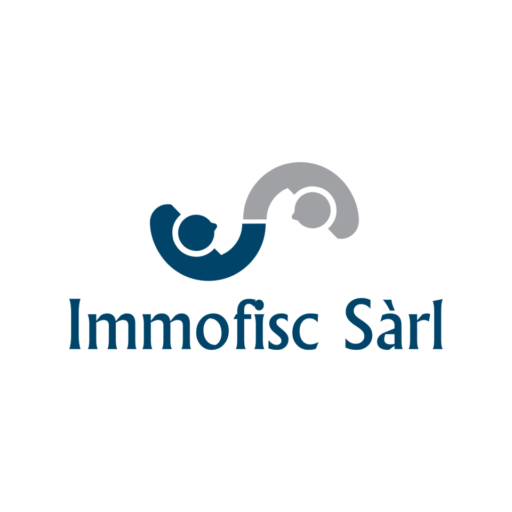Recent articles
BUSINESS TAXATION MINIMUM TAXATION
| The global tax landscape is changing with repercussions for Switzerland and the companies based there. |
| According to the roadmap planned by the OECD and the G20 states, the first elements of a minimum tax should come into force on January 1, 2023. The Federal Council has therefore decided to implement the minimum tax through a modification of the constitution and to ensure, by means of a transitional order, that the minimum taxation can be introduced on January 1, 2024. Voters will be called upon to vote on this subject on June 23, 2023. Fiscally, Switzerland remains an attractive place for businesses and individuals alike , but with a view to the introduction of a global minimum tax on large companies, some cantons must prepare to tax large companies more. In view of the reforms envisaged by the OECD and the G20 countries, which plan to introduce a minimum profit tax rate of 15% for companies , the differences that exist between cantons which tax their companies low, such as Zug 11.85%, and Berne 21.04% which tax them heavily will decline. However, the minimum tax rate of 15% targeted by the OECD will only apply to companies with an annual turnover of more than €750 million. In French-speaking Switzerland, the cantons of Vaud and Geneva have set their corporate profit tax rate at 14%, Neuchâtel at 13.57%, Friborg at 13.87%, Valais 17.12% and Jura at 16%. %. Compared to the minimum rate of 15% planned by the OECD, the gap is not very high and these cantons will only have to make a slight adaptation to be in compliance with the rates planned by the OECD In German-speaking Switzerland , the canton of Zug is at the top of the ranking, with a rate of 11.9%, Nidwalden (12.0%) and Lucerne (12.2%). With a rate of 21.0%, the canton of Bern is at the bottom of the pack . 2022 profit tax rates in Switzerland  In international comparison, companies are taxed low in Switzerland . Rates lower than those in low-tax cantons are only found in traditional offshore domiciles, in Guernsey, Qatar and a few countries in Eastern (southeast) Europe. Ireland remains Switzerland's main competitor in Europe. Internationally, large Swiss companies will also be subject to the same rules as those located in cities like Singapore, Hong Kong or Dubai, which will also have to increase their tax rate to 15%. There will therefore be fewer incentive factors which will encourage companies to move to such locations purely for tax reasons. For very large companies, tax competition between cantons will play a less important role as a factor in establishing themselves in the future. future. As for whether developments in corporate taxation will have consequences for personal taxation, only time will tell. 2022 income tax rates in Switzerland  |
Recent comments
No comments to display.
